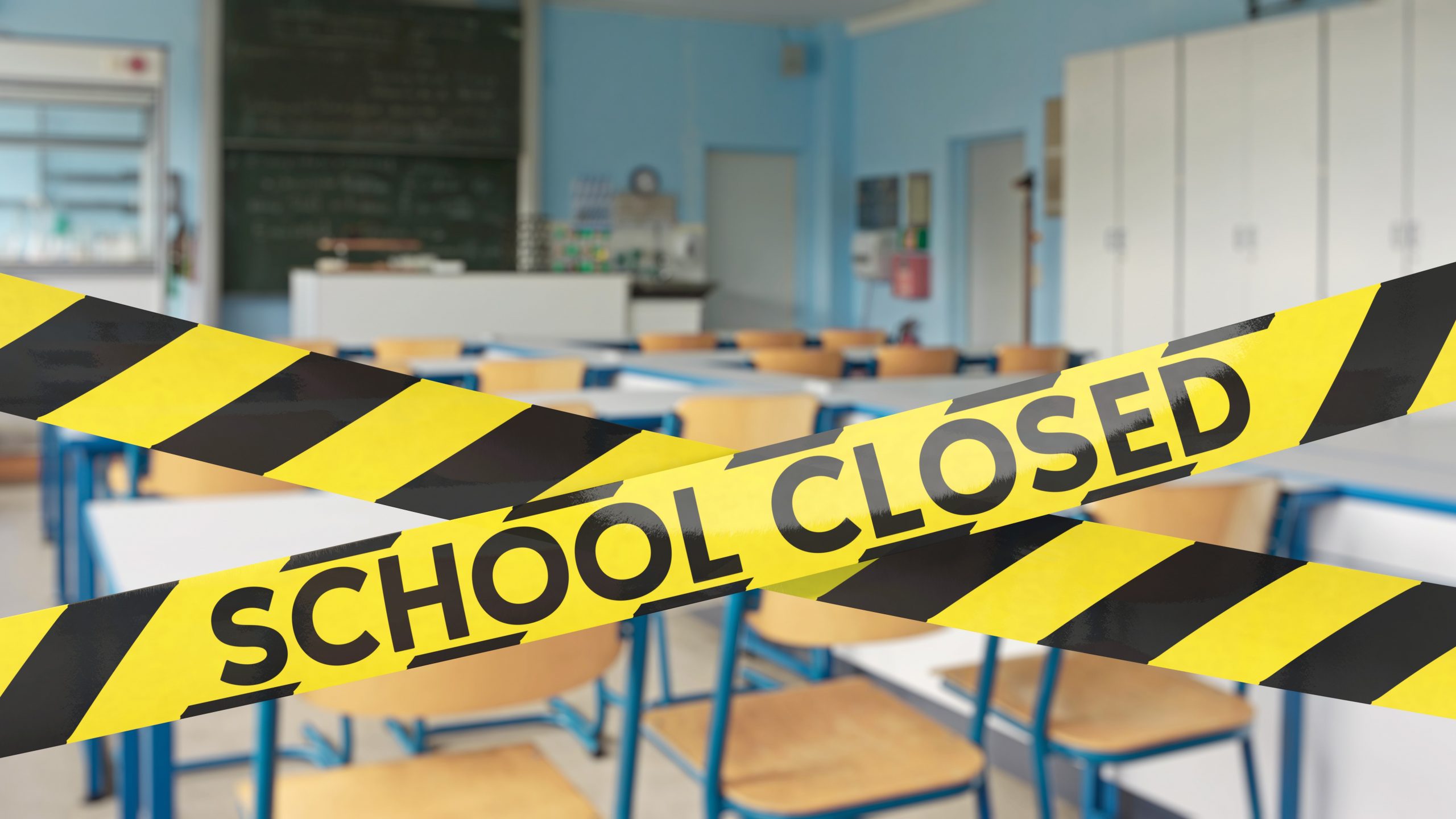
With public schools in Virginia failing to offer in-person classes five days a week, a majority of residents support measures for the state to provide financial support for parents who have opted to enroll their students in alternative education systems, according to a poll released this week. The poll, conducted by Mason-Dixon Polling and Strategy, found that 61% of registered voters would support giving parents a portion of the state’s K-12 funding to use for home, virtual or private education if public schools remain closed for in-person classes.
Tyler Arnold | The Center Square
With public schools in Virginia failing to offer in-person classes five days a week, a majority of residents support measures for the state to provide financial support for parents who have opted to enroll their students in alternative education systems, according to a poll released this week.
The poll, conducted by Mason-Dixon Polling and Strategy, found that 61% of registered voters would support giving parents a portion of the state’s K-12 funding to use for home, virtual or private education if public schools remain closed for in-person classes. Support was greater than 50% in every region of the commonwealth and for both major party affiliations and independents.
According to Mason-Dixon’s findings, 73% of Republicans said they would support this proposal, as did 59% of independents and 53% of Democrats. It received support from 63% of Black respondents and 60% of white respondents.
Pollsters also asked voters whether they would support Gov. Ralph Northam giving new federal relief funding for education directly to parents for purchasing education technology and materials, private school tuition and home education.
Although support for this was not as overwhelming, 51% of respondents said they would support the proposal. More than half of the respondents in every region except for northern Virginia said they would support the proposal. It received support from 68% of Republicans, 62% of independents and 30% of Democrats. It also had support from 53% of white respondents and 44% of Black respondents.
“This polling data clearly shows that families are desperate for something more than the status quo,” John Schilling, the president of the American Federation of Children, said in a statement. “The pandemic has only exacerbated issues that have been present in our education system for some time. Parents want more options to ensure their children are in the best learning environments.”
Virginia’s legislative session begins Wednesday, and Republican lawmakers in the Senate and House have said one of their top priorities will be providing financial assistance to parents who have opted into alternative education options during the pandemic. The legislation is expected to receive some pushback from Democrats and teachers’ unions who tend to argue that taxpayer money should be reserved for public education.
The Virginia Education Association did not respond to a request for comment from The Center Square. School-choice advocates and free-market groups have overwhelmingly come out to support these proposals.
“Right now, parents and children should be a priority, and it is clear that parents throughout Virginia are urgently seeking new ways to improve their child’s education – not only during the pandemic but when this health crisis is over,” Chris Braunlich, the president of the free-market Thomas Jefferson Institute for Public Policy, told The Center Square.
“Every child should get a quality education that helps prepare them for a productive life,” Braunlich said. “One way to help parents and children would be to explore educational assistance available through Community Service Block Grants that could provide parents the tools and assistance they need right now. Another way would be for the Virginia General Assembly to pass Delegate Kirk Cox’s READ Fund that would utilize federal COVID funding for grants to parents without touching existing public education funding.”
Jennifer Wagner, the vice president of communications for nonprofit school-choice organization EdChoice, told The Center Square that states should provide additional school choice for students, which she said would help all students.
“For the past 25 years, we’ve advocated for funding following the student,” Wagner said. “Recently, several states have adopted education savings account or ESA policies that allow families the flexibility they need to allocate the money set aside for their [students]. As state lawmakers look to the future beyond the pandemic, ESAs empower parents to navigate the K-12 landscape in a way that’s unique to each child with guidelines in place to ensure funds are only spent on approved K-12 expenses.”
The Mason-Dixon poll was conducted between Dec. 14 and Dec. 18. It spoke to 625 registered voters via telephone. The margin of error is plus-minus 4 percentage points.
Tyler Arnold reports on Virginia and West Virginia for The Center Square, where this article was originally published on January 13. He previously worked for the Cause of Action Institute and has been published in Business Insider, USA TODAY College, National Review Online and the Washington Free Beacon.


